As we navigate the complex and often disheartening landscape of pets ending up in animal shelters, one significant yet often overlooked contributor stands out: economic challenges. Economic instability and its far-reaching effects are driving many pet owners to make heart-wrenching decisions, ultimately leading to an increasing number of beloved pets seeking refuge in shelters. In this article, we will explore the profound impact of economic hardships on pet ownership and how society can respond compassionately to this issue.
The Financial Struggles of Pet Ownership
Pet ownership is a cherished experience for millions of individuals and families worldwide. However, it comes with a set of financial responsibilities that can be demanding, including food, veterinary care, grooming, and other associated costs. For many, these expenses are manageable under normal circumstances, but economic challenges can tip the scales dramatically.
- Unemployment and Job Insecurity
The loss of a job or a sudden reduction in income can quickly disrupt a family’s ability to provide for their pets. With unemployment rates fluctuating during economic downturns, many pet owners find themselves unable to afford even the most basic pet necessities.
- Housing Instability
Housing instability is another critical factor linked to economic challenges. Individuals facing eviction or foreclosure often have no choice but to surrender their pets, as they may not have access to pet-friendly accommodations or the financial resources to secure them.
- Rising Veterinary Costs
Veterinary care is a fundamental aspect of responsible pet ownership. However, rising veterinary costs can be prohibitive for pet owners struggling financially. When faced with unexpected medical bills, some may reluctantly give up their pets to alleviate the financial burden.
- Reduced Access to Pet Supplies
Economic hardship may lead to reduced access to pet supplies, including food, medications, and grooming essentials. When pet owners can no longer meet their pets’ basic needs, the welfare of the animals is compromised, leading to decisions to surrender them to shelters.
- Decreased Disposable Income
Pets require regular maintenance, including grooming, training, and socialization. When disposable income shrinks due to economic challenges, pet owners may struggle to invest in these essential aspects of pet care, which can result in behavioral problems that, in turn, lead to surrenders.
Addressing the Issue Compassionately
- Supporting Pet Owners in Crisis
Community-based programs that provide temporary assistance to pet owners facing economic challenges can make a significant difference. These programs can offer help with food, veterinary care, and even temporary housing, allowing pet owners to keep their beloved companions during tough times.
- Affordable Veterinary Care Initiatives
Efforts to make veterinary care more accessible and affordable, especially during times of economic hardship, can reduce the number of pets ending up in shelters due to medical issues. Establishing low-cost veterinary clinics and providing subsidies for critical procedures can be effective.
- Pet-Friendly Housing Advocacy
Advocating for pet-friendly housing policies is vital. These policies can create opportunities for individuals and families to secure housing without having to give up their pets.
- Community Education
Raising awareness about the financial responsibilities of pet ownership and the availability of assistance programs is essential. Providing resources and information on budgeting for pet care can empower pet owners to make informed decisions.
The plight of pets ending up in animal shelters due to economic challenges is a painful reality in our society. It is a collective responsibility to ensure that individuals facing financial difficulties do not have to make the heartbreaking choice between their pets and their economic stability. Through a combination of support programs, affordable care initiatives, and education, we can work together to keep more pets in loving homes, even during the most challenging economic times.
Support and donate to The Pet Food Project. Help us get supplies of pet food direct to those who most need it.










